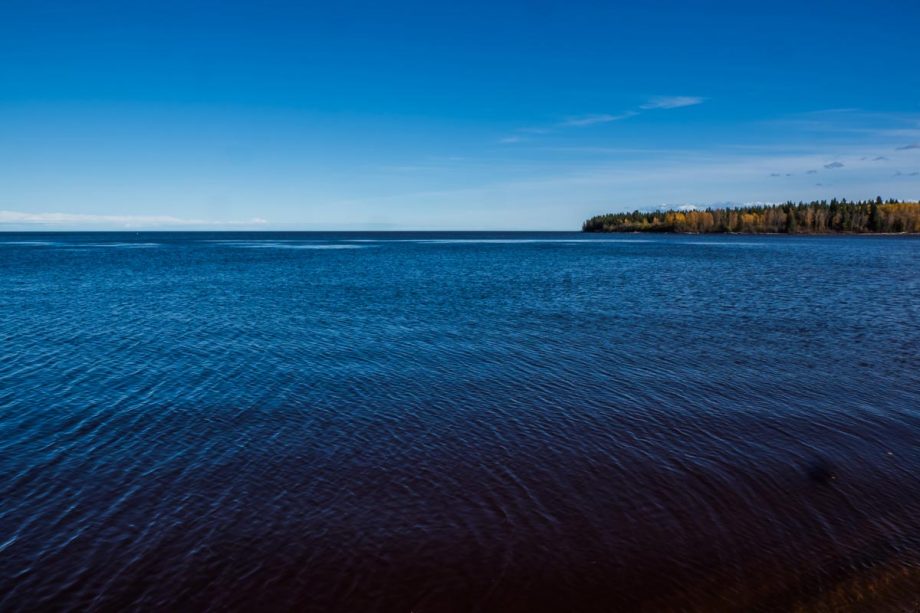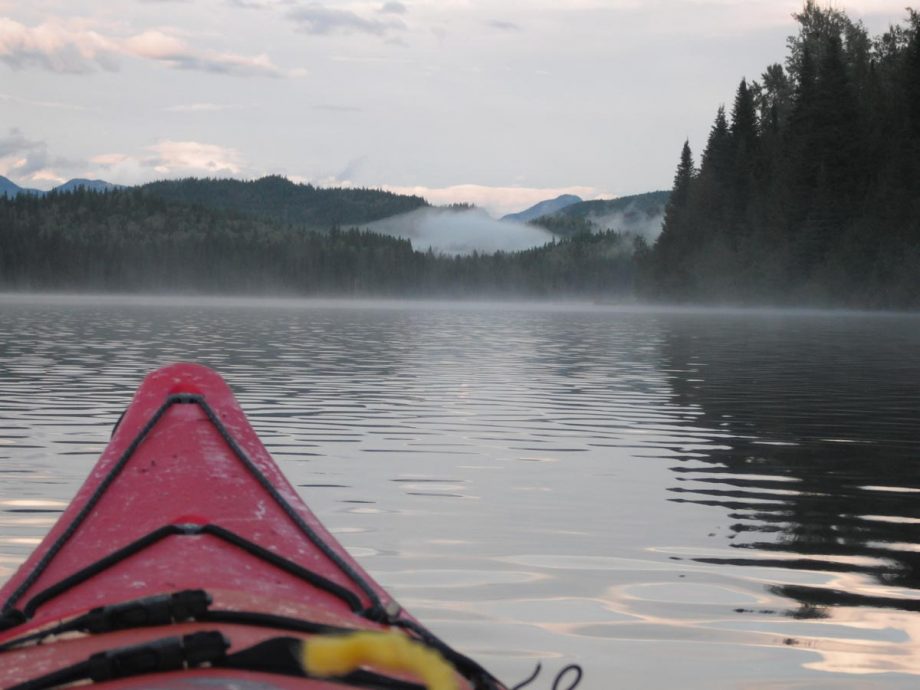When it comes to lakes, Canada has some impressive statistics, containing around 60 percent of all lakes worldwide. Not only does it have over 3 million lakes, but some of the deepest lake in the world are found in Canada. From the Arctic Circle to the border with the United States, Canada contains millions of unique and fascinating lakes. These are five of the deepest lakes in Canada, showcasing the variety that characterizes Canadian lakes in general.
Great Slave Lake: 8th Deepest Lake in the World

Great Slave Lake, North America’s deepest lake, is located in Canada’s remote Northwest Territories. At 2,015 feet deep, Great Slave Lake is the 1st largest lake in Canada, the 1st largest lake in North America and the 8th deepest lake in the world. Because it is near the Arctic Circle, this lake has such thick ice during the winter that trucks can drive on it.
Great Bear Lake: 31st Deepest Lake in the World

Also located in Canada’s Northwest Territories, Great Bear Lake is Canada’s largest and 5th deepest lake. Its maximum depth is 1,463 feet. Like Great Slave Lake, Great Bear Lake is frozen for much of the year.
Lake Superior: 37th Deepest Lake in the World

The largest of the Great Lakes, Lake Superior is also the deepest Great Lake and the 6th deepest lake in Canada. Its maximum depth is 1,332 feet. Lake Superior is technically an international lake. Part of it is in the United States, but since part of it is also in Canada, it is included here as a Canadian lake.
Grand Lake: 19th Deepest Lake in the World

Canada’s 3rd deepest lake, Grand Lake, is in Newfoundland. It is 1,558 feet deep and is a source of hydroelectric power. Glover Island, in Grand Lake, is the world’s 19th largest lake island. This island contains its own lakes, ponds and mountains. Grand Lake is popular with recreational boaters.
Quesnel Lake: 13th Deepest Lake in the World

Part of the Fraser River located in British Columbia, Quesnel Lake is a glacial lake. With a maximum depth of 2,000 feet, it is the deepest fjord in the world, and the 5th deepest in BC. Quesnel is well known for fishing because live bate or barbed hooks are not allowed, plus there are catch-and-release restrictions on Steelhead.
Featured Image from norikko/Shutter Stock




